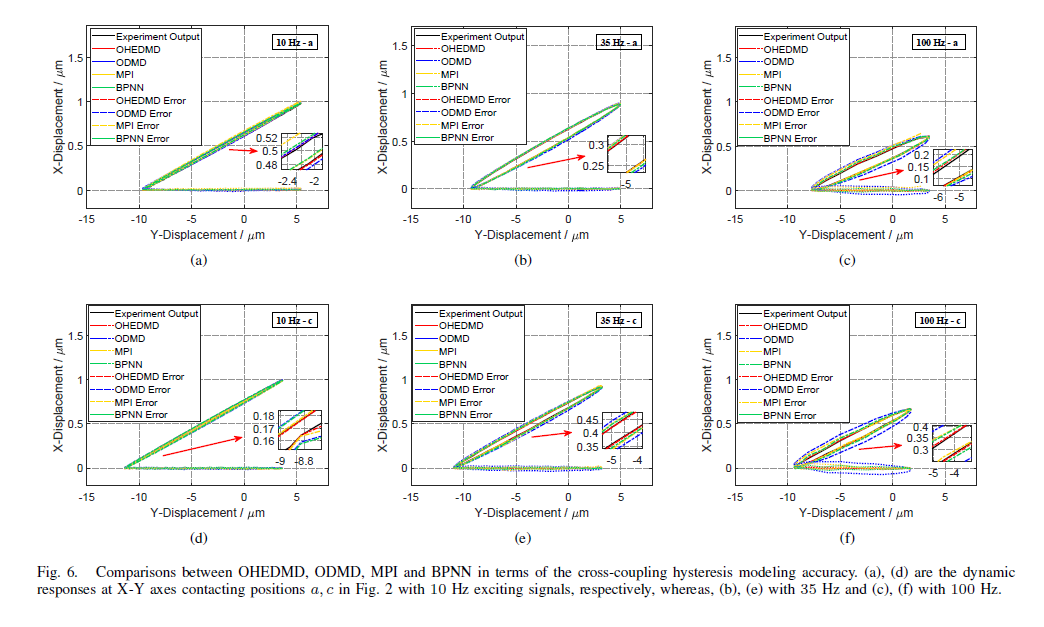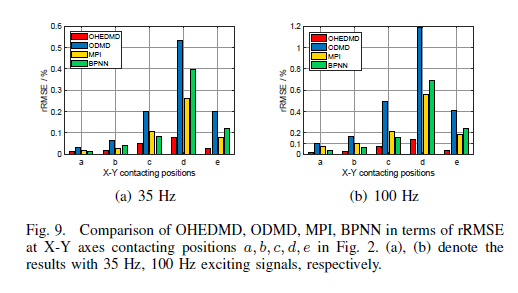Congratulations to Dr. Huang Xiang, Dr. Zhou Wei and Postdoctoral Li Xiuting for their paper "Online Koopman Operator Learning to Identify Cross-Coupling Effect of Piezoelectric TubeScanners in Atomic Force Microscopes'' is accepted as a long article by IEEE Transactions on Industrial Informatics (IF: 9.112), the International Journal of Industrial Information
《Online Koopman Operator Learning to identify Cross-Coupling Effect of Piezoelectric Tube Scanners in Atomic Force Microscopes》
Abstract—As one of the most significant applications of nanopositioning technology, the tremendous development of atomic force microscopes (AFMs) have been witnessed these years. Essentially, the scanning motions of AFMs are generally driven by piezoelectric tube scanners (PTSs), whose cross-coupling effect hinders their high-speed and high-precision positioning. Therefore, it becomes an urgent yet challenging mission to establish a niche model for the nonlinear cross-coupling dynamics of the PTS. As an emergent pure data driven learning approach, Koopman operator sheds some lights onto the PTS modeling methodology, which is thus adopted here to approximate the nonlinear cross-coupling dynamics of PTSs in an infinite dimensional space. Moreover, an online high order extended dynamic mode decomposition algorithm is proposed for finite dimensional approximation of the Koopman operator online. The merit of the present model lies in updating the identified cross-coupling upon the arrival of newly coming data in an incremental way. Finally, experiments are conducted to approximate the X-Y axes cross-coupling of PTSs of an NTMDT Prima AFM, which verifies the effectiveness and superiority of the proposed modeling algorithm. The present study is expected to pave the way from the Koopman operator learning theory to real applications in dynamics modeling of abundant nanoscale measurement systems.


